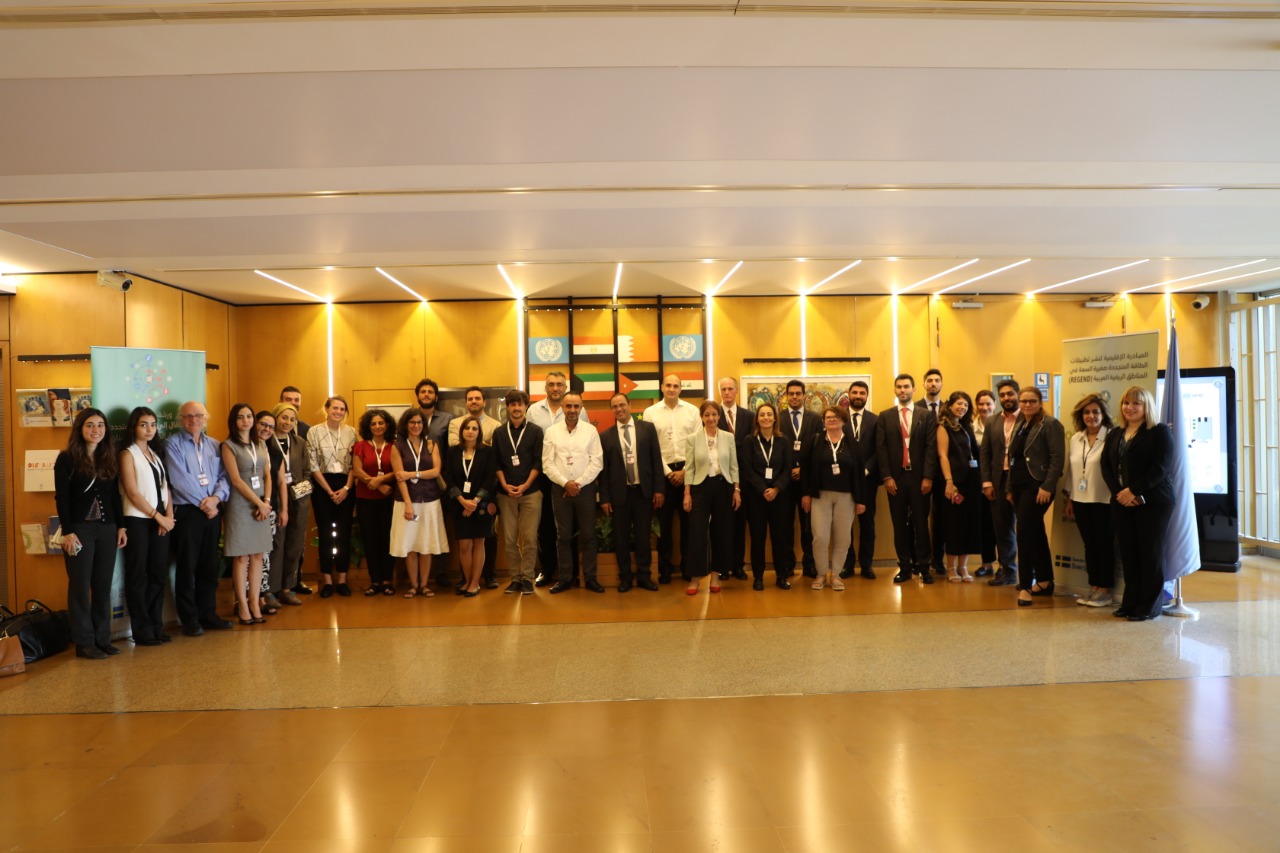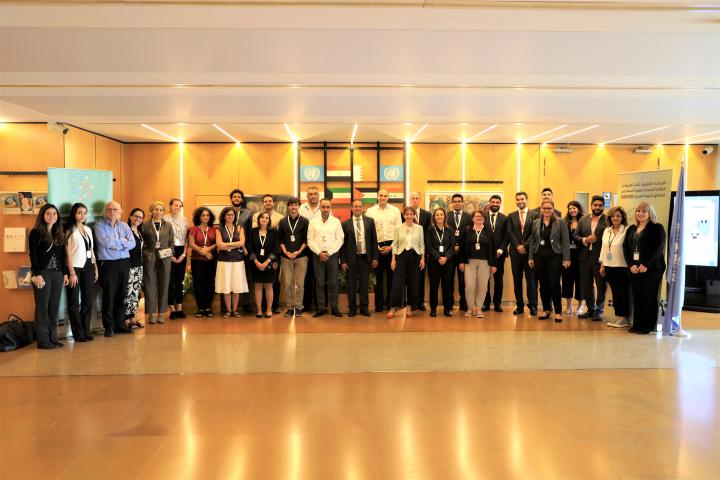Within the framework of the “Regional Initiative for Promoting Small-Scale Renewable Energy Applications in rural areas of the Arab Region (REGEND)” Project, the UN Economic and Social Commission for Western Asia (ESCWA) is partnering with the Institute for Global Prosperity (IGP), University College London, RELIEF Centre and Chatham House in organizing a workshop on “Transitions to Renewable Energy and Sustainable Prosperity in Lebanon: The role of municipalities, education and future scenarios for 2030”. This is the second in a series of workshops exploring the transition to renewable energy in Lebanon.
The project REGEND is a Swedish International Development Cooperation Agency (Sida) funded project and aims to improve the livelihood, economic benefits, social inclusion and gender equality of Arab rural communities particularly marginalized groups, by addressing energy poverty, water scarcity and vulnerability to climate change and other natural resources challenges in three targeted countries, namely Jordan, Lebanon and Tunisia. Moreover, gender empowerment and the use of appropriate small-scale renewable energy technologies for productive activities and entrepreneurial development, are closely linked in this project as gender empowerment constitutes an integral part of REGEND’s activities and expected outputs and is considered a cross-cutting priority along the various phases of its implementation.
Building on from this, this workshop will focus more deeply on the role of municipalities, the role of education and the future scenarios that can be imagined for Lebanon’s energy supply in the context of the climate emergency as well as the role gender empowerment can play in this transition. The organizers would like this series to facilitate, amplify and complement the work of the community of practice involved in the energy transition in Lebanon across all stakeholders.
The series of workshops brings together strategic planners, scholars, and energy practitioners to discuss how alternatives and equitable energy supply systems can be built. The dialogue will be tackling issues such as the chronic lack of data about energy use and demand, the potential of government policies to enable equitable energy supply and the stakeholders’ engagement to effectively manage carbon risk and contribute to Lebanon’s long-term development goals. Discussions will also include issues regarding the work of different municipalities on alternative renewable energy systems, the innovative education initiatives that improve energy literacy across government, municipalities and society and the future scenarios for 2030.
23 September 2019
Workshop
Transitions to Renewable Energy and Sustainable Prosperity in Lebanon: The Role of Municipalities, Education and Future Scenarios for 2030
Initiatives: REGEND

